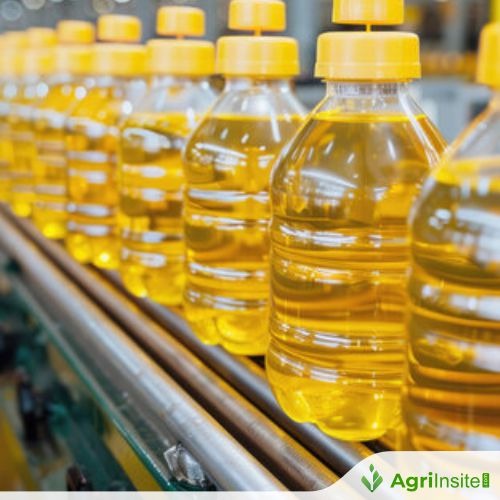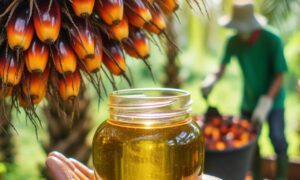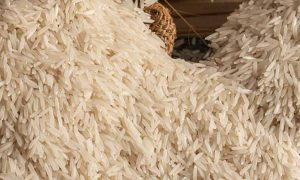Bangladesh -Edible oil price: Traders demand Tk 10 per litre increase, govt caps it at Tk 1

Bangladesh’s commerce ministry approved only a Tk 1/litre edible oil price hike, rejecting traders’ Tk 10 demand despite an 18–20% global surge. Major refiners warn the minimal increase ignores rising import costs, new taxes, and Tariff Commission advice for larger hikes. Fears grow over supply shortages or black-market activity amid volatile markets.
In a tense standoff between the government and edible oil traders, the Ministry of Commerce has unilaterally approved a minimal increase of Tk 1 per litre for edible oils, sharply rejecting industry demands for a Tk 10 hike amid soaring global commodity prices.
The decision, taken after a closed-door meeting with the Bangladesh Vegetable Oil Refiners and Banaspati Manufacturers Association, has drawn strong resistance from major market players, who claim the move ignores economic realities and risks supply chain disruptions.
The meeting, chaired by Commerce Adviser Sk Bashir Uddin and attended by representatives from City Group, Meghna Group, TK Group and Bangladesh Edible Oil, ended without consensus.
Notably, no press briefing followed, despite being scheduled.
Sources confirm traders had formally proposed raising soybean and palm oil prices by Tk 10 per litre, citing an 18 to 20 per cent surge in international prices, with soybean oil now trading at $1,200 per tonne globally.
The Bangladesh Trade and Tariff Commission’s preliminary assessment reportedly indicated justification for a Tk 4.50 per litre increase in soybean oil and Tk 7 per litre in palm oil. Yet the ministry overruled this, opting instead for a token Tk 1 adjustment.
Official market prices remain capped at Tk 189 per litre for bottled soybean oil, Tk 174 for loose soybean oil and Tk 150 for palm oil. The latter was reduced by Tk 19 in early August.
Traders argue these ceilings no longer reflect import costs, particularly after the National Board of Revenue imposed a 1 per cent source tax on imports of soybean, sunflower, palm and corn oil through a notification issued on September 15.
They say this tax has further compressed margins.
“We are operating at a loss,” said an industry representative, speaking on condition of anonymity. “The ministry’s Tk 1 increase is symbolic. It does not cover even a fraction of our cost escalation. This unilateral decision is unsustainable and will discourage imports at a time when demand is rising.”
The impasse comes amid volatile global markets and tightening domestic margins.
With no agreement reached and tensions mounting, industry insiders warn of potential supply shortages or black market activity if the government does not revisit its pricing mechanism.
The next review is expected after further consultations with the Tariff Commission.
For now, however, the edible oil sector remains in limbo, caught between inflationary global markets and a government determined to shield consumers from price shocks.
To Read more about Edible Oil News continue reading Agriinsite.com
Source : Jago News 24














